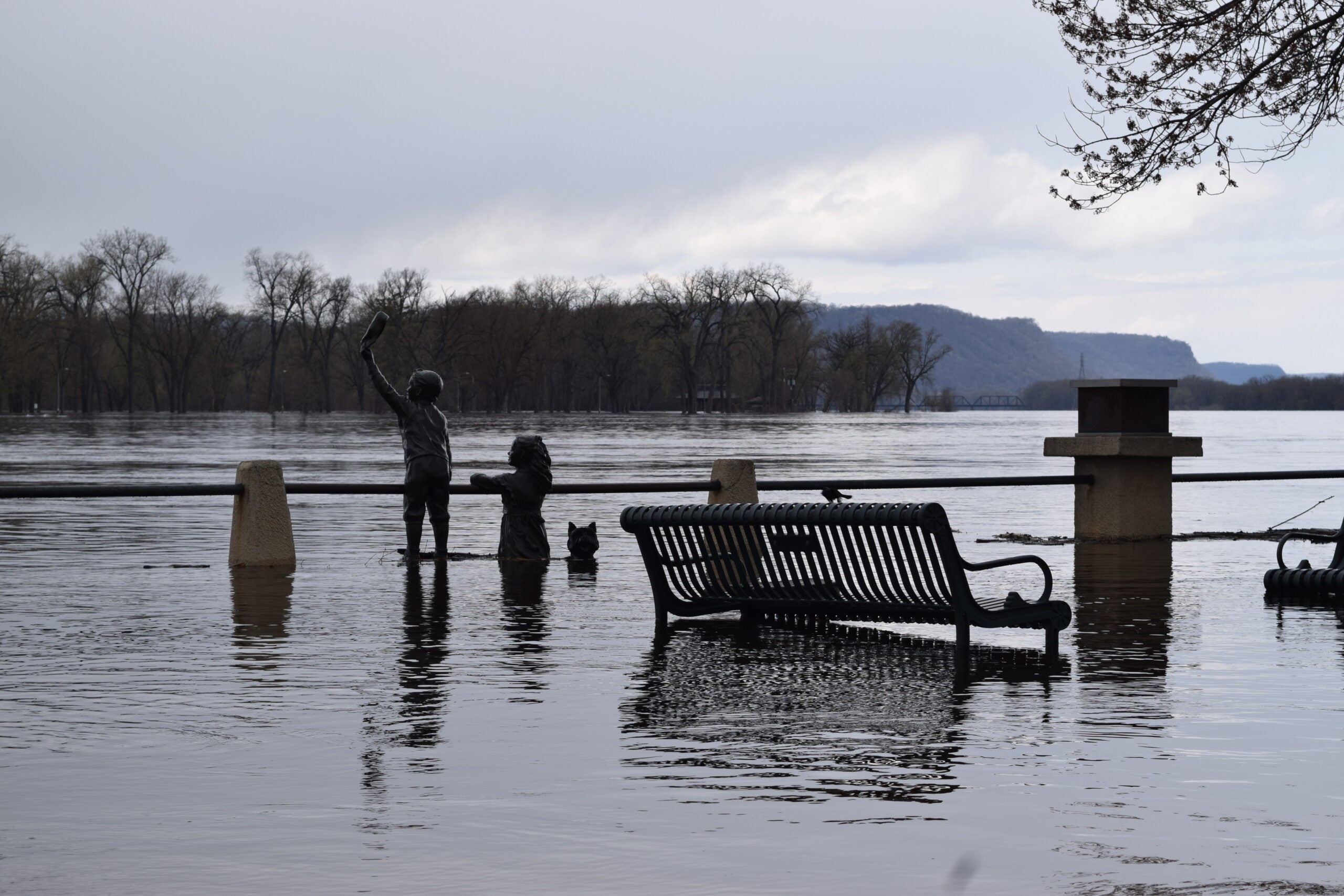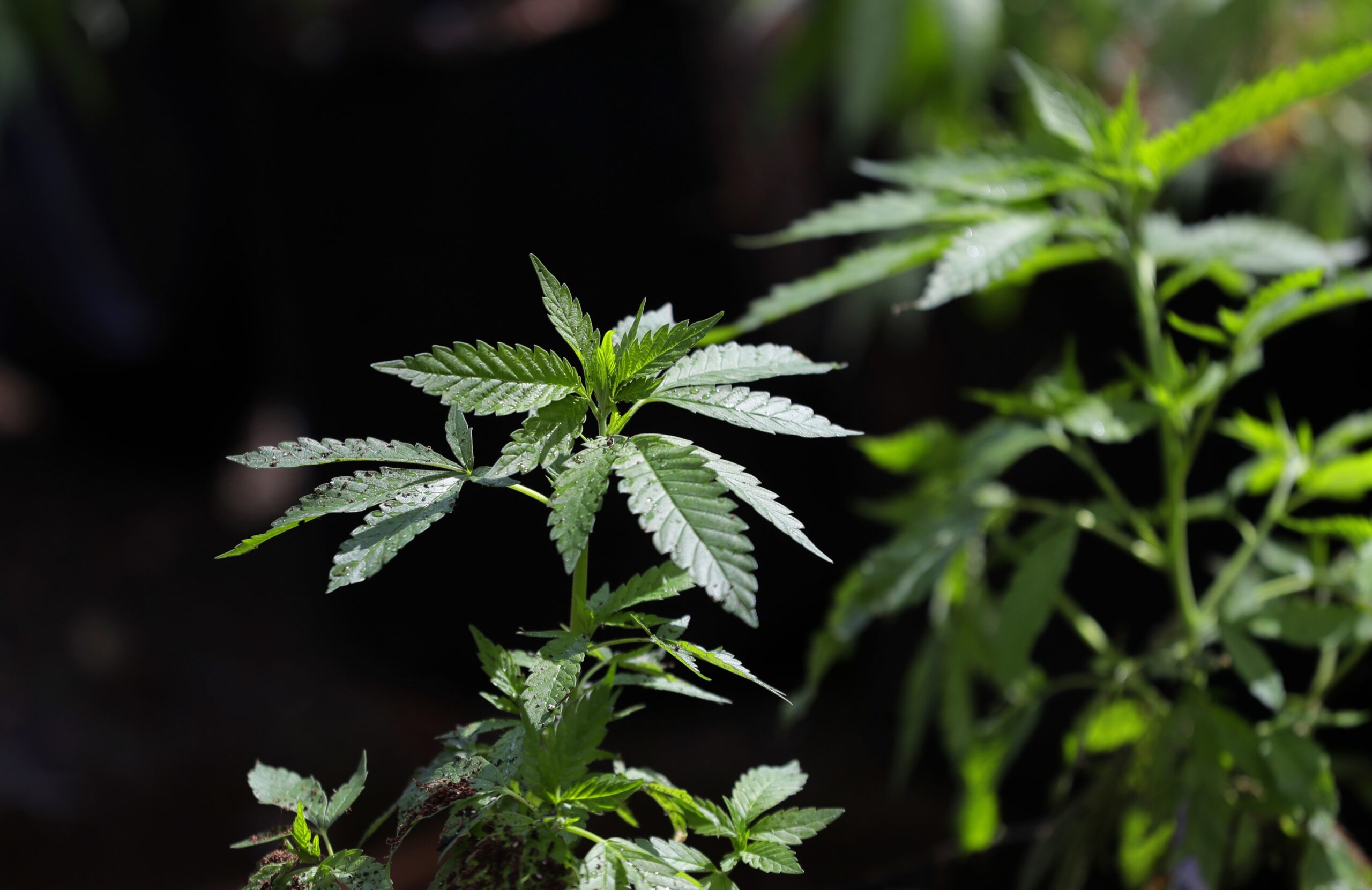A Senate committee is set to take up a bipartisan bill Tuesday that would make it a felony to trespass or damage oil and gas pipelines. Supporters of the bill say it’s necessary to discourage unlawful activity, while opponents say it would have a chilling effect on free speech.
The bill expands on a 2015 law that made it a felony to trespass or cause damage to a utility provider. The legislation would amend the definition of an “energy provider” to include companies that operate gas and oil pipelines, as well as renewable fuels or chemical generation.
People who are charged and convicted could face up to a $10,000 fine, up to six years in prison or both. Rep. David Steffen, R-Green Bay, is among the lawmakers who introduced the bill, saying multiple people had identified the language should have been included in the 2015 law.
Stay informed on the latest news
Sign up for WPR’s email newsletter.
“It’s a necessary step to ensure that the water and the fuel and the energy that we all need is protected from inappropriate trespass and damage throughout our state,” said Steffen.
Multiple business, labor and industry groups have registered their support for the legislation. They include the Wisconsin State AFL-CIO, Wisconsin Manufacturers & Commerce (WMC) and the American Petroleum Institute.
Steffen said other states have witnessed “radical” environmental protests where pipeline infrastructure has been damaged or disrupted to prevent delivery of oil, gas, water and other fuels. The legislation is necessary to deter individuals who are engaging in unlawful activity by putting in place more significant consequences, according to Scott Manley, executive vice president of government relations for WMC.
“What this bill is really about is sending a message that says we’re not going to tolerate people breaking the law and depriving people of energy in Wisconsin,” said Manley.
Opponents to the bill are concerned the bill will carry unintended consequences on free speech, said Elizabeth Ward, conservation programs director for the John Muir Chapter of the Sierra Club. She added that penalties already exist for those who disobey the law.
“These bills, which have been popping up all over the country, came out kind of as a result of the Standing Rock protests in really an effort to scare people not to protest pipelines,” said Ward.
The Guardian reported in July that at least 18 states have brought forth legislation that provide tougher penalties for those who seek to disrupt construction or operation of pipelines.
Sen. Janet Bewley, D-Mason, co-sponsored the bill because she said it makes it less likely someone would face a felony through a number of exemptions, including one that protects people who lawfully exercise their right to free speech. The Democratic lawmaker has said labor unions asked her to sign onto the legislation. She represents a district that has been witness to protests and arrests over Enbridge’s Line 3 replacement project in recent years.
“Workers on pipelines feel more and more unsafe due to an increase in reported incidents of vandalism that jeopardize not only their safety, but the public’s safety as well,” said Bewley in written remarks.
Yet, Sierra Club’s Ward noted the bill could have implications for those participating in lawful activity, such as hunting or recreating, on lands where oil or gas lines cross.
“This bill would go pretty far and could undermine the ability for both landowners to use their private land and tribal members to hunt, fish and gather on their land,” said Ward.
Joe Rose Sr., a tribal elder with the Bad River Band of Lake Superior Chippewa, said he’s “dead-set against” the legislation.
“We’ve been hunting and gathering on those power lines and pipelines,” he said. “Now, if somebody was out there with a rifle deer hunting, are they going to get arrested and convicted of a felony for trespassing on that land?”
Steffen said that’s not the intent of the legislation, noting the language is specifically tied to the intent to damage infrastructure.
Some have also pointed to the bill’s seeming similarities to model legislation from the American Legislative Exchange Council. However, lawmakers say it’s based on existing law and lacks specific provisions of the model bill. Specifically, the legislation doesn’t include penalties for those who conspire or aid individuals who trespass on an energy provider’s site with the intent to damage infrastructure, which exist in ALEC’s model bill.
Bewley also said the proposal’s protections for union organizing and striking is something the nonprofit organization of conservative lawmakers would never support.
A coalition of organizations and community members plan to deliver a letter detailing concerns about the bill prior to the hearing Tuesday.
Wisconsin Public Radio, © Copyright 2024, Board of Regents of the University of Wisconsin System and Wisconsin Educational Communications Board.





